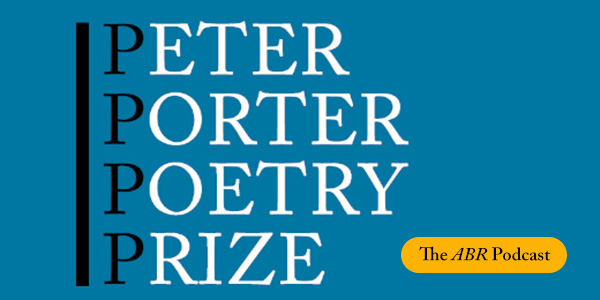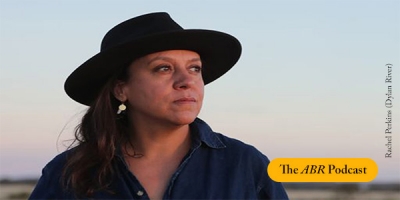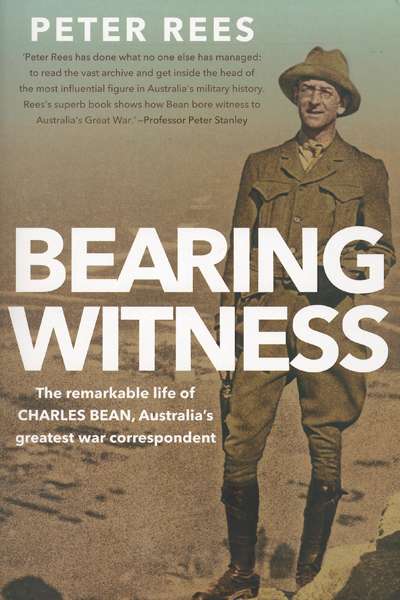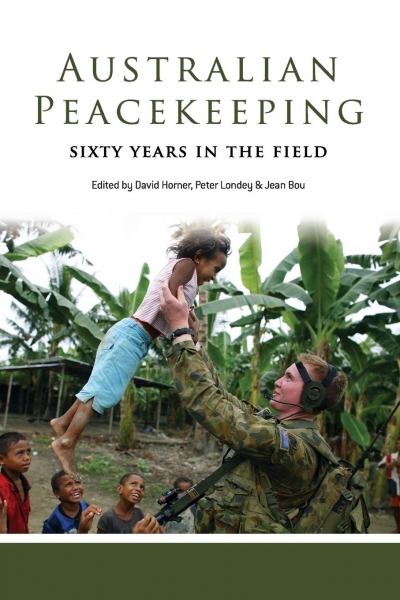Accessibility Tools
- Content scaling 100%
- Font size 100%
- Line height 100%
- Letter spacing 100%
Australian War Memorial
The ABR Podcast
Released every Thursday, the ABR podcast features our finest reviews, poetry, fiction, interviews, and commentary.
Subscribe via iTunes, Stitcher, Google, or Spotify, or search for ‘The ABR Podcast’ on your favourite podcast app.
2025 Peter Porter Poetry Prize Shortlist
Read by the poets
This week on The ABR Podcast we feature the 2025 Peter Porter Prize shortlisted poems, as read by the five poets, published in the January-February issue of ABR.
Recent episodes:
This week’s ABR Podcast features Anne Rutherford’s review of the new SBS miniseries The Australian Wars, published in the November issue of ABR. Directed by Arrernte and Kalkadoon woman Rachel Perkins, the series is an attempt to recast Australian frontier conflict by posing new questions. Echoing Perkins, Rutherford asks: ‘Why is the extreme violence of the frontier not recognised as war?’ and ‘Why is the death of an estimated 100,000 people on the frontier, both black and white, not acknowledged and memorialised?’ Listen to the ABR Podcast here.
... (read more)



